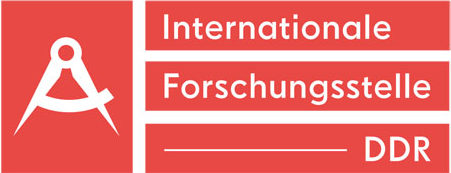On 25 April 1974, the Carnation Revolution brought Portugal’s almost 50-year-long military dictatorship to an end. One major consequence was the withdrawal of Portuguese troops from the country’s colonies in Africa and the subsequent founding of new sovereign states such as Angola, Mozambique, and Guinea-Bissau. Yet an aspect that is rarely explored in historical accounts of the Carnation Revolution is the role played by the national liberation movements in Africa in weakening Portuguese fascism and creating the conditions in which progressive military officers could overthrow the Estado Novo regime. Today it is also often forgotten that while the capitalist West propped up Portuguese colonialism with funds and weapons, the socialist East was arming and training liberation fighters in Africa.
This dossier reflects on the Carnation Revolution from three different perspectives: an eye-witness account of the political situation in Portugal during and after the Revolution; an analysis of how the socialist states supported the armed struggle of the Liberation Front of Mozambique (FRELIMO); and an interview with a member of the African Party for the Independence of Guinea and Cape Verde (PAIGC) whose fight against Portuguese colonialism took the form of education and professional training in socialist East Germany.
